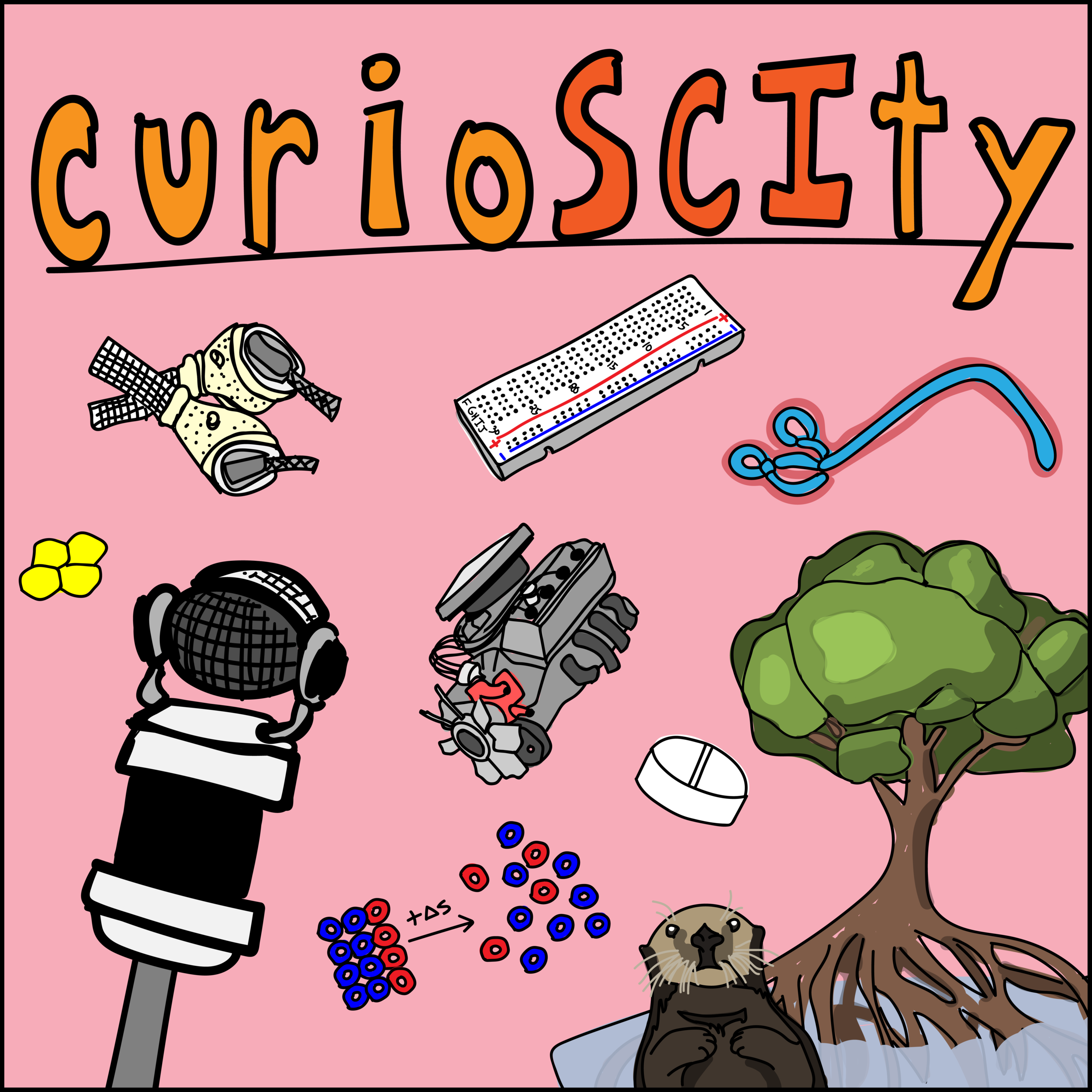101 - Vaccines Primer (w/ Brianne Barker!)
101. Vaccines Primer
Oh boy, another nail biter! Today, we have to discuss the topic of vaccines. Are vaccines effective? If so, at what? Are they safe? Of course, to all of those questions, but still. Let’s learn to be scientifically conversational.
General Learning Concepts
1) Discussion questions:
a. The development of vaccines is always in reference to an immune system. To start this episode off in proper fashion, we need a brief discussion of the immune system.
i. What is the innate immune system and how does it differ (in action, timescale) to the adaptive immune system? Do physical barriers count as part of the immune system?
ii. Why does the immune system need to be activated in order for a vaccine to be effective?
iii. What is an antigen? What is an antibody? Do all antibodies recognize all antigens (are antibodies specific)?
iv. What is an adjuvant? Why would one be necessary? Is it always required?
b. Where does an antigen come from with a vaccine? How is that antigen different than a whole pathogen?
i. But wait! Why don’t we just give people weakened forms of the virus to cause natural immunity without a vaccine, hmmmmm?
c. Why do we sometimes need vaccine boosters?
d. Why are some vaccines combined and some aren’t? Why are there so many different formulations of the HPV vaccine?
e. Are vaccines 100% effective?
f. RAPID FIRE WORRY QUESTIONS:
i. Do vaccines cause autism? (This question will be answered more in depth in an episode about Wakefield)
ii. Do vaccines give people the disease they are meant to prevent?
iii. Is it healthy for babies to get many vaccines at once?
iv. Because vaccines are not often 100% effective, why even get a vaccine?
v. Why do I feel sick after getting a vaccine?
vi. Why do we vaccinate for eliminated diseases like measles and polio?
https://www.cdc.gov/vaccines/parents/why-vaccinate/strengthen-baby-immune.html
https://pediatrics.aappublications.org/content/pediatrics/109/1/124.full.pdf
https://polioeradication.org/polio-today/history-of-polio/
https://www.ncbi.nlm.nih.gov/pmc/articles/PMC4458465/


